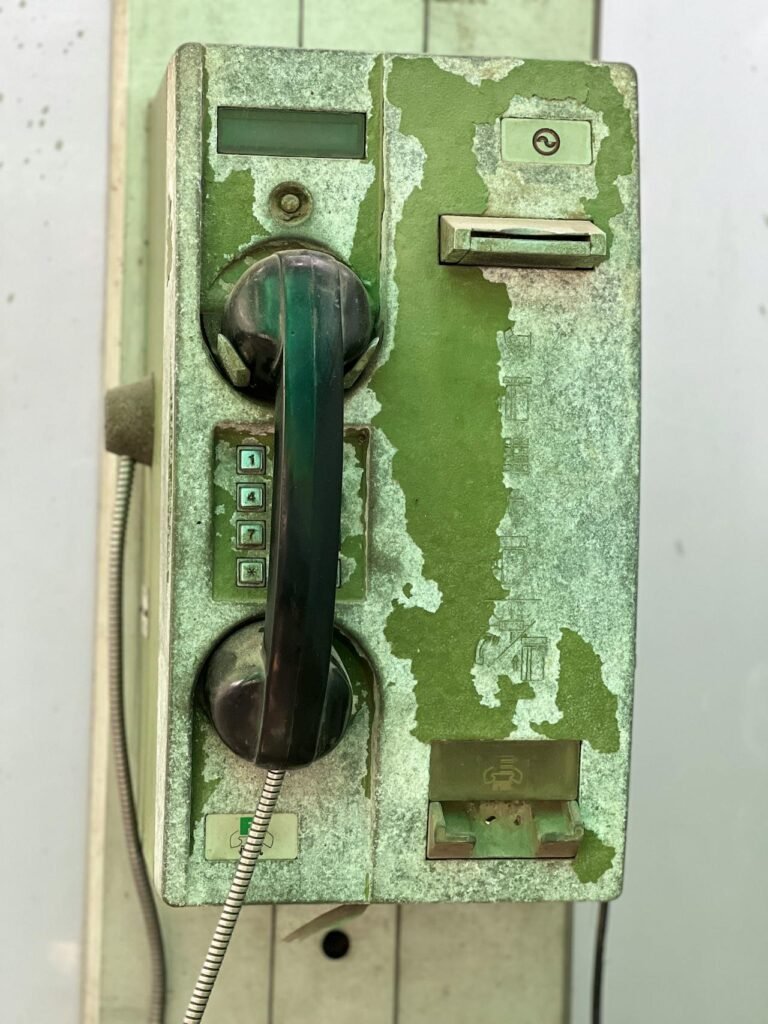Robocalls have become a significant nuisance for many people, but few are as bothersome as debt collector robocalls. One number that has gained notoriety in this realm is 203-547-3447. Let’s dive into the world of robocalls, understand why this number is infamous, and explore how you can protect yourself.
What is a Robocall?
Robocalls are automated telephone calls that deliver a recorded message. These calls can be used for various purposes, such as political campaigns, telemarketing, and, unfortunately, debt collection. The technology behind robocalls enables companies to reach a vast number of people quickly and cheaply.
The Rise of Debt Collector Robocalls
In recent years, there has been a significant rise in debt collector robocalls. According to the Federal Trade Commission (FTC), complaints about these calls have surged. This increase can be attributed to several factors, including advancements in technology that make robocalling easier and cheaper.
Why 203-547-3447 is Notorious
The number 203-547-3447 has become infamous due to numerous reports and complaints from consumers. This number is often associated with aggressive and persistent debt collection tactics. Callers using this number may leave threatening messages, demand immediate payment, and sometimes provide false information to scare recipients into paying.
Legal Framework and Regulations
Robocalls, including those from debt collectors, are subject to various laws and regulations. The Telephone Consumer Protection Act (TCPA) and the Fair Debt Collection Practices Act (FDCPA) are two key pieces of legislation. The Federal Communications Commission (FCC) and the FTC enforce these laws, ensuring that debt collectors adhere to rules designed to protect consumers.
How to Identify Debt Collector Robocalls
Identifying a debt collector robocall can be challenging, but there are some telltale signs:
- Automated voice or pre-recorded message
- Demands for immediate payment
- Threats of legal action or arrest
- Caller ID shows a number like 203-547-3447, which has a history of complaints
Impact on Consumers
Debt collector robocalls can have a profound impact on consumers. Beyond the annoyance, these calls can cause significant emotional distress and financial strain. Many people report feeling harassed and intimidated by the persistent and aggressive nature of these calls.
What to Do If You Receive a Call from 203-547-3447
If you receive a call from 203-547-3447, follow these steps:
- Do not engage with the caller: Hang up immediately.
- Document the call: Note the time, date, and content of the call.
- Report the call: File a complaint with the FTC and the FCC.
- Consult legal advice: If the calls continue, consider seeking legal assistance to explore your options.
How to Protect Yourself from Robocalls
Protecting yourself from robocalls requires a multi-faceted approach:
- Use call-blocking apps: These apps can help filter out known robocall numbers.
- Register on the Do Not Call list: Although not foolproof, this can reduce the number of unsolicited calls.
- Be cautious with your number: Avoid sharing your phone number unnecessarily to minimize exposure.
Technological Solutions
Advances in technology offer new ways to combat robocalls. AI-powered call-blocking tools and services are becoming more sophisticated, enabling better detection and prevention of unwanted calls. These technologies analyze patterns and behaviors to identify and block robocalls effectively.
Reporting and Tracking Robocalls
To help authorities tackle the robocall problem, report every instance:
- FTC’s Complaint Assistant: Use this online tool to report unwanted calls.
- FCC’s Consumer Complaint Center: Another platform to report robocalls.
- Robocall tracking apps: Some apps allow you to log and track robocalls, providing valuable data to regulators.
Consumer Rights and Legal Actions
Consumers have rights when it comes to debt collector robocalls:
- Right to request no further contact: Under the FDCPA, you can request the debt collector to stop contacting you.
- Right to dispute the debt: If you believe the debt is not yours, you can dispute it.
- Legal recourse: If a debt collector violates your rights, you may sue them for damages.
Case Studies
Several high-profile cases have highlighted the impact of robocalls:
- Case 1: A consumer sued a debt collector using 203-547-3447 and won a substantial settlement for harassment.
- Case 2: Regulatory actions led to hefty fines against companies using robocalls illegally.
Future of Robocalls
The future of robocalls is likely to see significant changes, driven by technology and regulation. Enhanced AI and stricter laws may reduce the prevalence of robocalls, offering consumers better protection.
Conclusion
Debt collector robocalls, particularly from numbers like 203-547-3447, are a growing problem. By understanding how these calls work, knowing your rights, and using technological solutions, you can protect yourself and take action against these intrusions.

